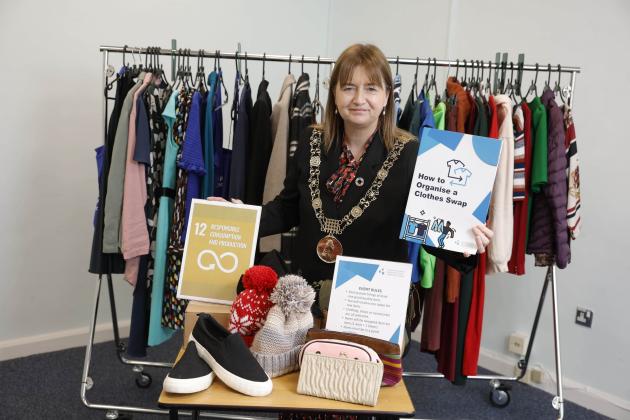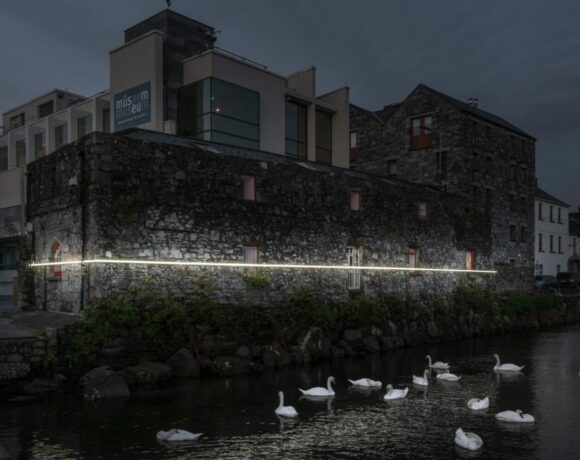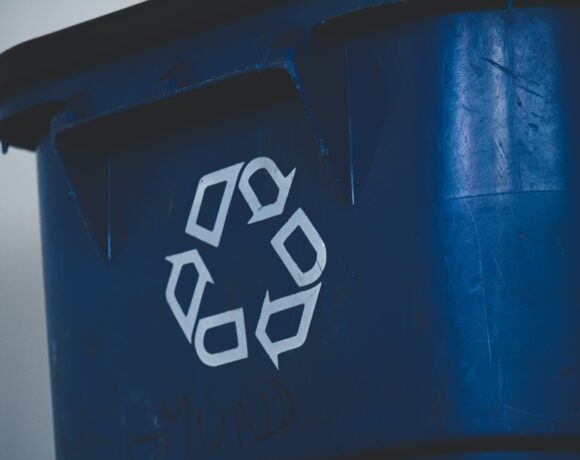Dublin City Council has launched a new guide ‘How to Organise a Clothes Swap’ to assist anyone who wishes to plan their own clothes swapping event. The Council is also running a pilot project that will offer local community groups an opportunity to borrow a ‘Clothes Swap Kit’ containing the equipment, such as rails and hangers, they may want for their event.
Speaking at the launch of the new Clothes Swap Guide and Kit, Lord Mayor of Dublin Caroline Conroy noted that, “community clothes swaps encourage the sharing of clothing and offer an alternative to fast fashion. Clothes swaps inspire and support people who wish to think differently about their wardrobe. They offer a way to look stylish and save money, while also reducing your environmental footprint. Our new Clothes Swap Guide and Kit were designed to increase awareness of sustainability, prevent waste and encourage the transition to a more circular approach to fashion in Dublin City.”
A clothes swap is a party or event were people bring the clothes they no longer wear and exchange them for clothes they will use. Clothes swaps offers a way to find new styles in a sustainable way.
What are the benefits of a clothes swap?
- For the environment: organising or attending a clothes swap is a positive environmental action. Much of the clothes we don’t want to wear anymore are still in a good condition. Swapping clothes keeps these clothes in use for longer and stops good clothes going to waste. This will save water, reduce greenhouse gas emissions and lessen the negative environmental impacts.
- For people: people can update their wardrobes at a clothes swap without spending a fortune. Clothes swaps also provide an opportunity for a community to come together socially or even raise money for a good cause.
- For the gift of style: everyone gets bored of wearing the same thing again and again. Clothes swapping is a fun and easy way to find something new to wear.
Clothes protect us from the elements and keep us warm. They are an essential part of life. Our choice of clothing and style can also be a form of self-expression and empowerment. Dublin City Council supports a more circular approach to clothing and fashion. A circular fashion industry designs clothes that can be kept in use for as long as possible. These clothes can be endlessly repaired or transformed into other useful items. A circular production loop in fashion ensures clothes do not become waste.
As stated by Martha Casserly, Executive Environmental Scientific Officer in Waste Management Services, “most people have good quality clothes they no longer wear or want. These clothes don’t need to become waste. Large amounts of raw materials, resources and energy go into making clothes. Clothes Swaps offer the chance for good clothes to have longer useful lives.”
The Council’s project introduces a new guide on ‘How to Organise a Clothes Swap’. The free guide outlines the steps, tips and suggestions on planning a successful event. It is available to everybody and written in plain English. The guide can be viewed or downloaded directly from the Dublin City Council website at https://bit.ly/DCCClothesSwaps.
Local community groups also have an opportunity to borrow a Clothes Swap Kit. The kit is designed to provide a community group with the equipment they may want for their event, such as pop-up rails, signage stands, hangers and signage. Further information about booking the kit can be found at https://bit.ly/DCCClothesSwaps.
Source: Dublin City Council













